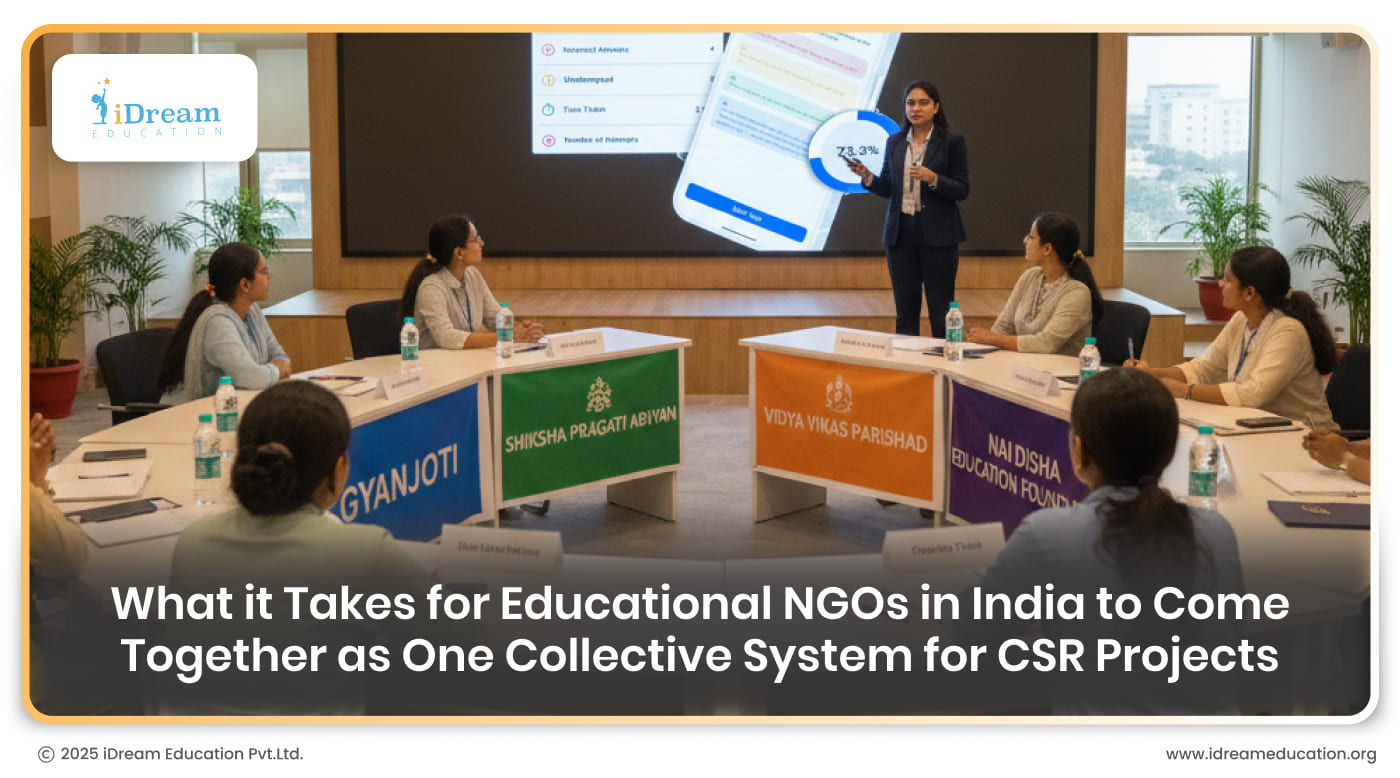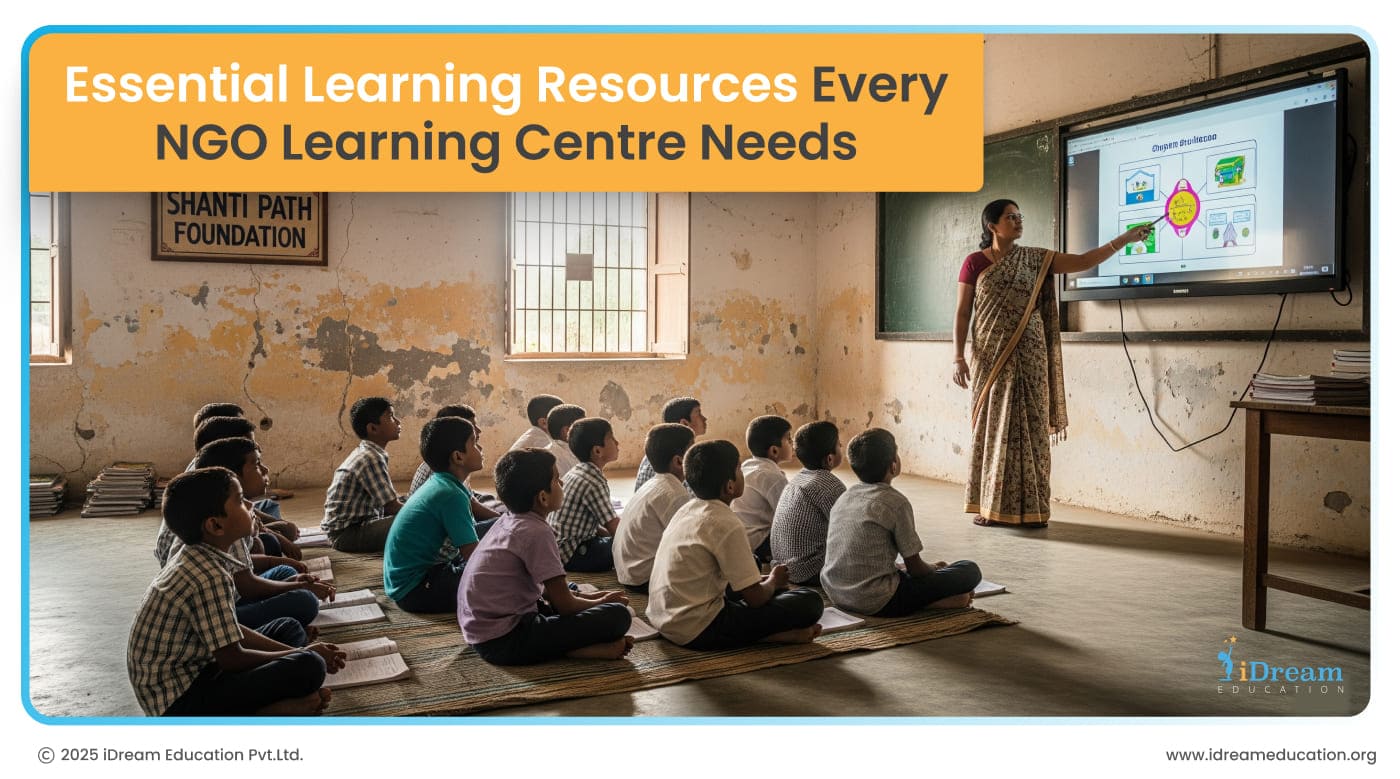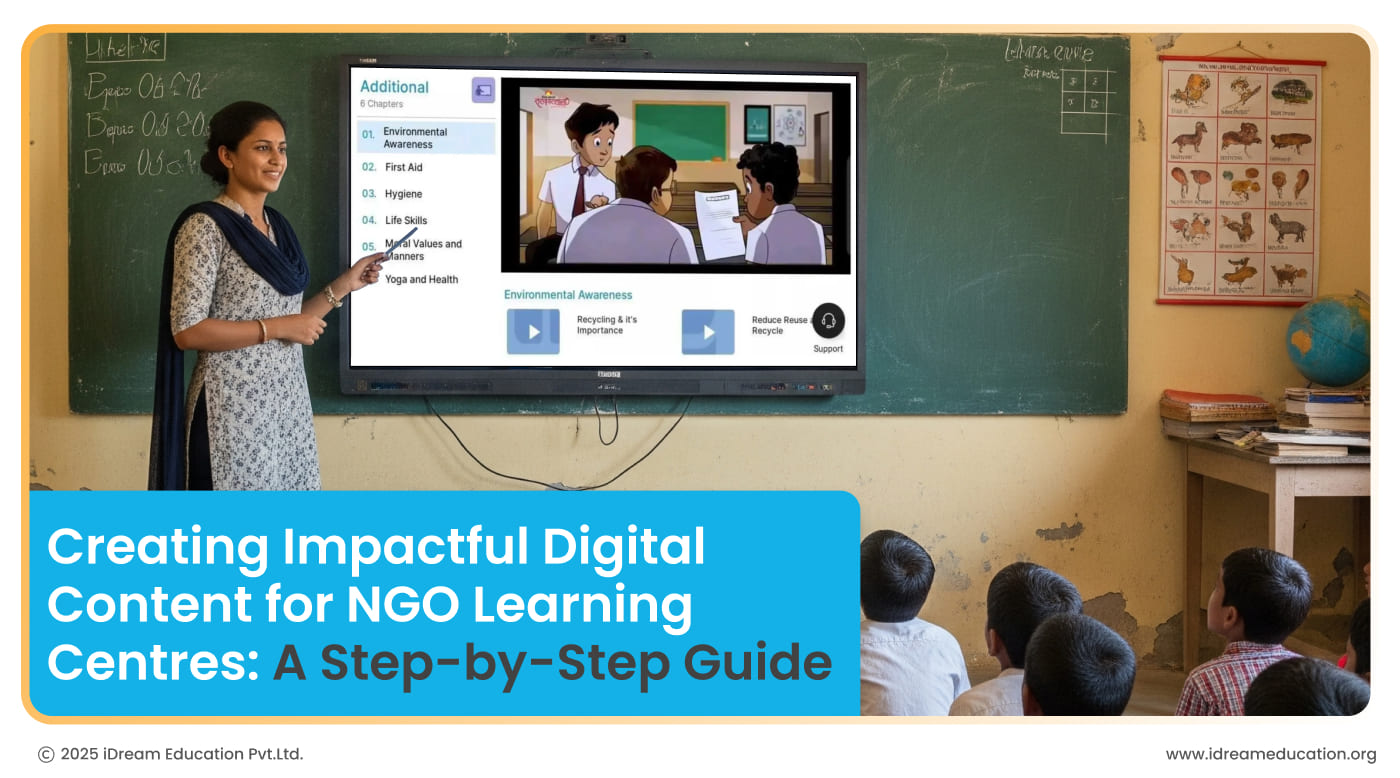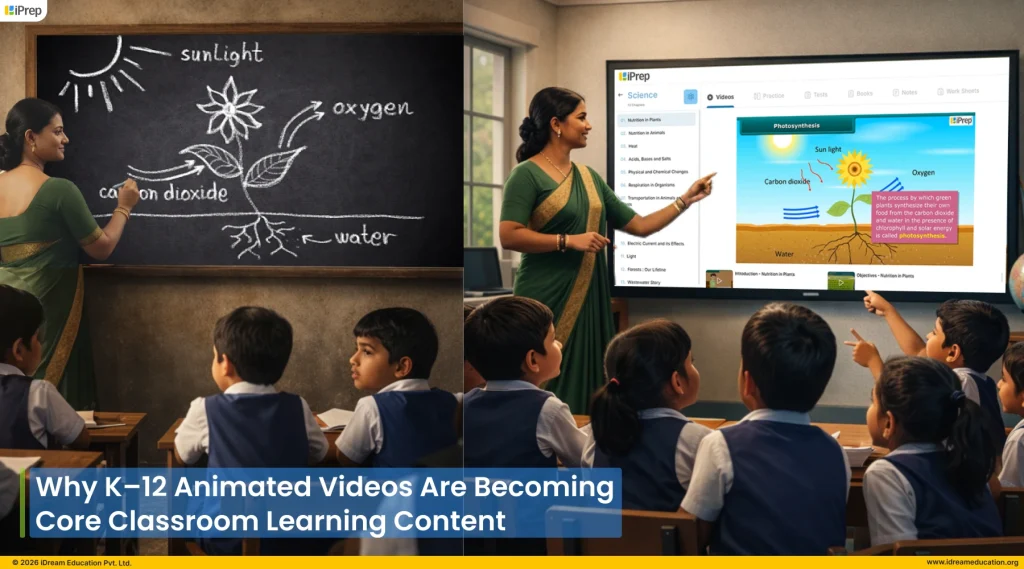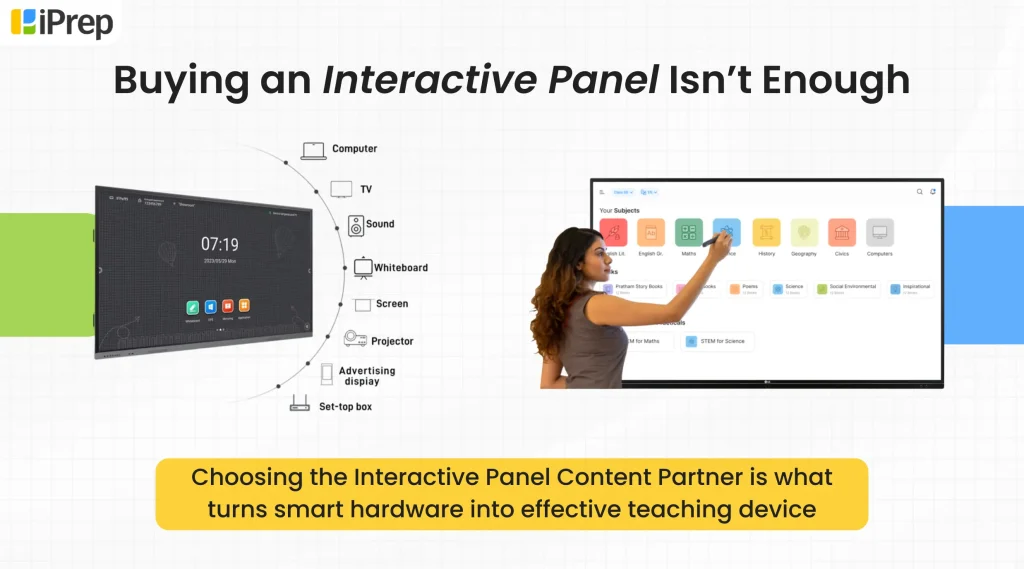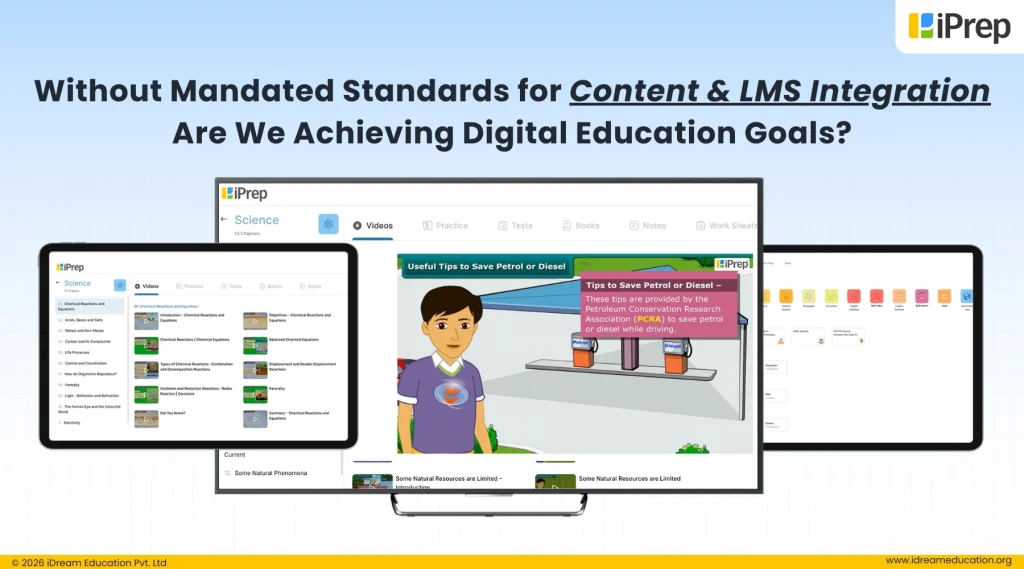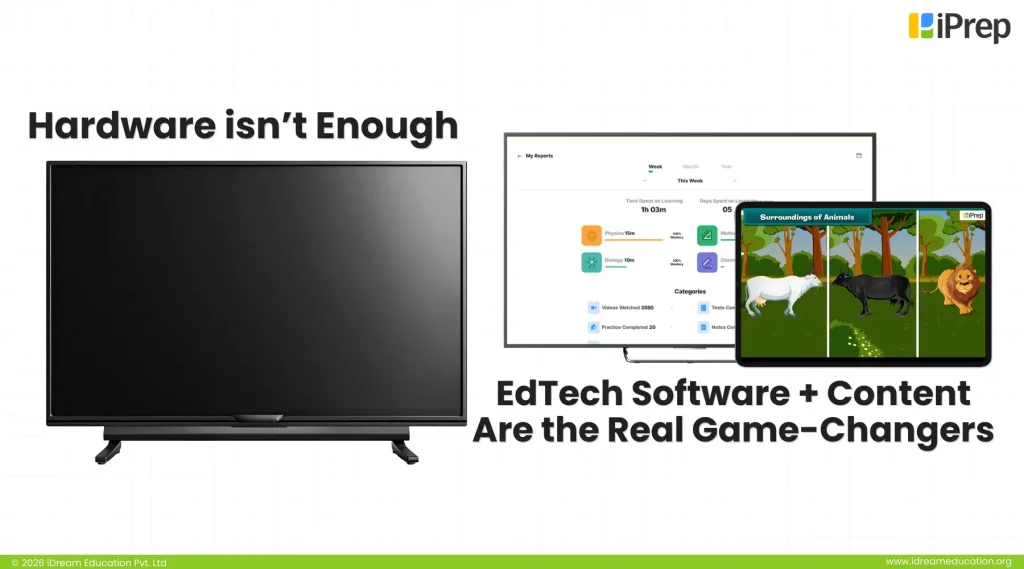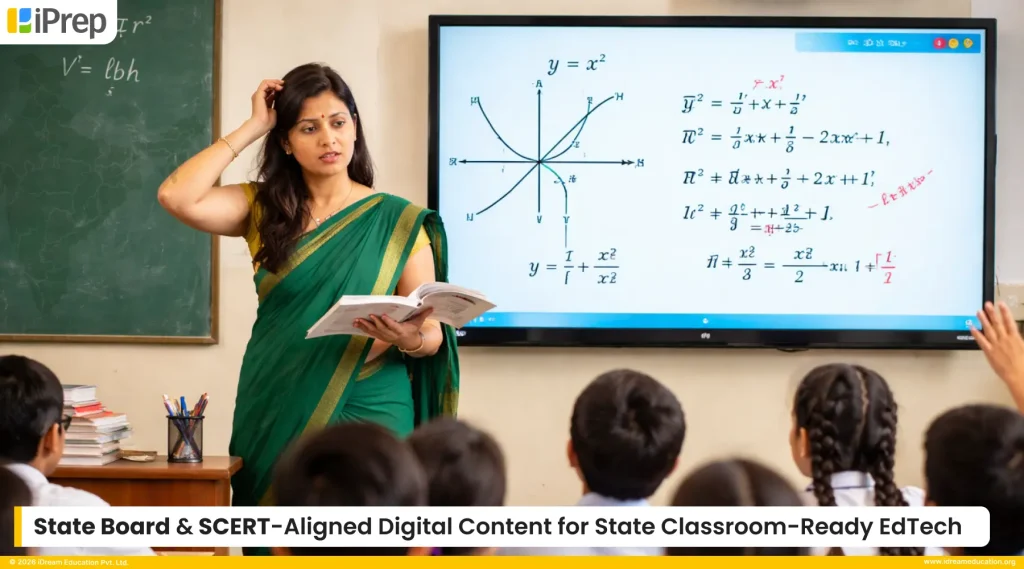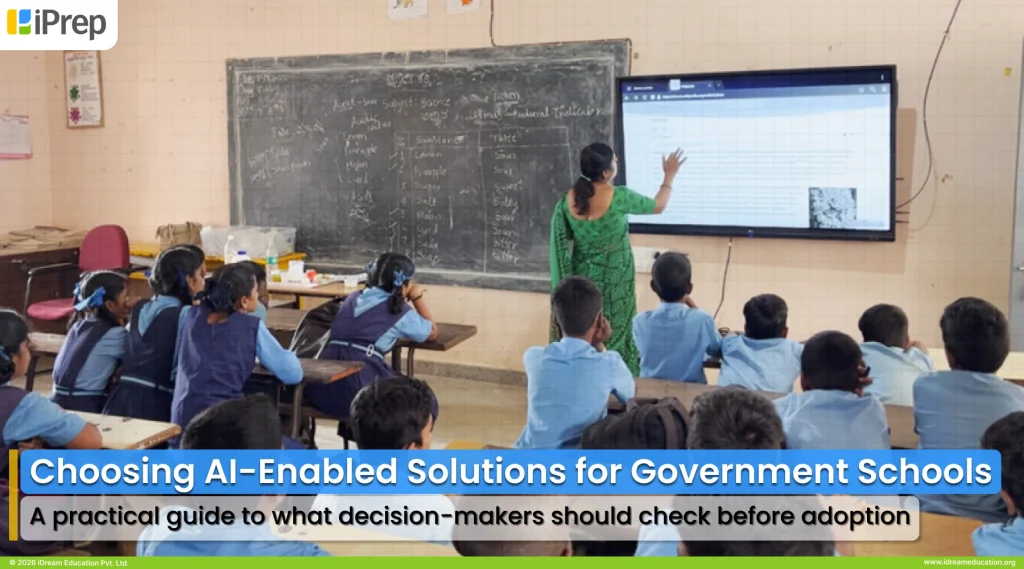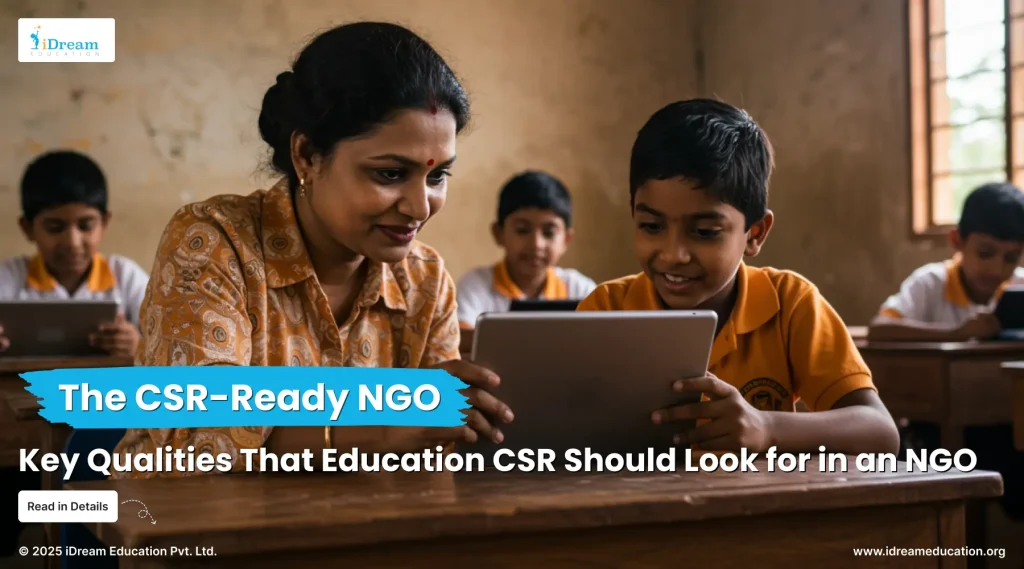
With growing attention on improving learning outcomes in Indian schools, one of the most effective and sustainable ways to bring real change to school education is through strong partnerships. This is especially true at the grassroots level, where collaboration between NGOs and CSR programs can have a significant impact. When one of the best Education based NGO for CSR collaborates, it becomes more than just a project. It becomes a mission with a lasting footprint.
This kind of partnership stands out across the social sector. This is because it brings together two forces with a shared purpose: one that understands the ground realities. The partnership where one has experience in education interventions, and works closely with students and teachers. While, the other one brings the capacity to scale, fund, and sustain that intervention. Together, they work to bridge the educational divide by delivering solutions that reach last-mile learners.
So, what truly sets the best NGO in education apart when it comes to CSR tie-ups—and how do they manage to deliver lasting impact in schools?
They go beyond one-time donations or events. Instead, they enable measurable outcomes such as improved learning levels, teacher capacity building, strategic interventions and school empowerment. Further, this continues to create small changes even after the initial phase of support is over. Therefore, for stakeholders, be it corporates, school leaders, or a CSR Implementation Partner, it’s important to know what to look for in such collaborations. This primarily includes alignment of purpose, ability to work at the grassroots, and a clear roadmap for scale.
What Does It Take to Deliver Lasting Impact in Schools?
Creating a meaningful and lasting impact in schools requires much more than just allocating a budget and implementing a solution. When educational investments are made with a deeper commitment, the journey extends far beyond the initial rollout. It involves a strategic and holistic approach that begins at the planning stage and continues well into long-term support.
Each step must be carefully designed to prioritize the actual needs of the schools, select the right solutions based on students’ learning levels, ensure adequate teacher training, provide ongoing support , and track steady progress. The goal is not just to implement the solution but to integrate it seamlessly into daily teaching and learning processes—so that it becomes a part of everyday school life.
Based on our extensive on-ground experience as one of the best NGO in education for CSR Tie-Ups, we have identified several key steps that are essential to ensuring real, sustainable impact. This includes:
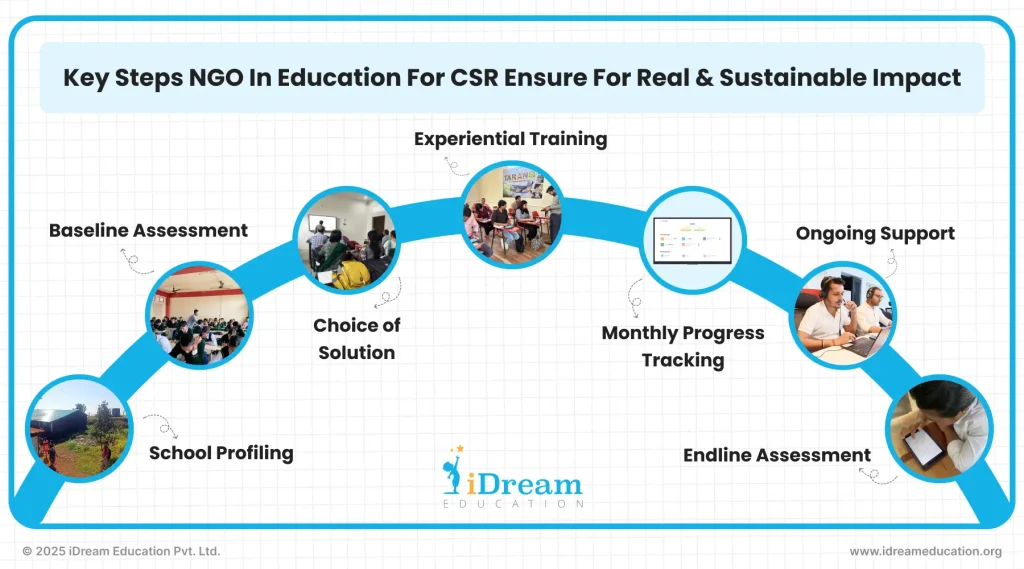
School Profiling
This is the foundation of any impactful CSR initiative. The process begins by aligning the CSR objective with the geography and type of schools the program aims to support. In this NGO team, along with the CSR program team, visits shortlisted regions to profile schools based on key parameters such as number of classes, infrastructure, current teaching methods, and discussions with school leaders and teachers. This thorough profiling helps in identifying the right schools and finalising suitable digital learning solutions.
Baseline Assessment
While some CSR programs may choose to directly implement solutions such as smart classes, tablets, or digital libraries, we believe baseline assessment is a critical, non-negotiable step. Through digital tools such as clicker systems or tablets with diagnostic content—we assess the current learning levels of students from their current grade and two levels below. The data from this step guides whether to introduce a personalised and adaptive learning platform for deep learning gaps or smart classroom tools when the need is more instructional support and engagement.
Choice of Solution
Solution selection is a collaborative decision between the NGO and the CSR team. It’s based on the assessment insights, project goals, and available budget. In cases where a baseline is not conducted, our recommendation often includes versatile tools such as smart classes, tablet-based ICT labs, digital libraries, or learning tablets.
Experiential Training
After installation, our team conducts in-depth, hands-on training sessions for teachers and students. These sessions cover K-12 LMS navigation, content access, and usage of the solution in daily learning. CSR partners are encouraged to join these sessions to share their vision directly with stakeholders—strengthening motivation and ownership at the school level.
Monthly Progress Tracking
Tracking monthly usage and learning progress by connecting with teachers and data tracking on the reporting dashboard helps measure the solution’s adoption and effectiveness. It also allows early identification of gaps and the need for mid-course corrections. These are done through bridge programs, additional content, re training, or tech refinements. This step plays a vital role in ensuring the initiative remains responsive and impactful.
Ongoing Support
Our continued handholding distinguishes us as one of the best NGO in Education for CSR Tie-Ups. Regular follow-ups, helpline access, and quick technical support ensure that the solution never loses momentum due to operational hurdles. This ongoing support empowers teachers and students to stay engaged and confident in using digital tools.
Endline Assessment
At the end of the academic cycle, we conduct a comprehensive endline assessment to evaluate learning gains against the baseline. This comparison not only highlights student progress but also showcases the effectiveness of the CSR initiative—reinforcing the value of well-implemented, need-based educational interventions.
Creating real change in school education through CSR is not just about installing technology—it’s about ensuring it delivers outcomes that are measurable, sustainable, and deeply aligned with the learning needs of students.
Closing Thoughts
At iDream Education, we have spent years coming up with a step-by-step model that enables scalable, effective NGO digital learning interventions. As one of the best NGOs in education for CSR tie-ups, we go beyond implementation to ensure every stakeholder—teachers, students, school leaders, and CSR partners—experiences value, growth, and transformation. That is why corporates looking for the Best CSR Programmes in education often value such an approach for its long-term sustainability.
Our structured, needs-based approach focuses on right investment through continuous support and customised solutions. From the very first step – profiling schools and conducting learning-level assessments to final impact reporting, every stage of the project is driven by data, empathy, and a strong commitment to outcomes. Whether it’s Smart Classes, Personalized Adaptive Learning (PAL), or offline-first tablet-based solutions, we design and deliver what truly fits the school and student context. That’s why, for corporates exploring where to spend CSR budget, choosing impactful digital learning solutions becomes a powerful way to ensure long-term value creation.
A Trusted EdTech NGO Enabling Digital Learning Across India
We are happy to be the best NGO in Education for CSR Tie-Ups, committed to enabling digital learning access for all, especially in rural and underserved communities. Our mission is to bridge the learning gap for students in government schools and empower teachers with tools that make teaching engaging and effective.
Our work has spanned across 20+ states in India, with solutions tailored to diverse regional and infrastructural contexts. From the hills of the Northeast to the interiors of Uttar Pradesh, MP, Maharashtra, Rajasthan and more we’ve implemented scalable models of digital education that adapt to the needs of each community.
Our Impact So Far:
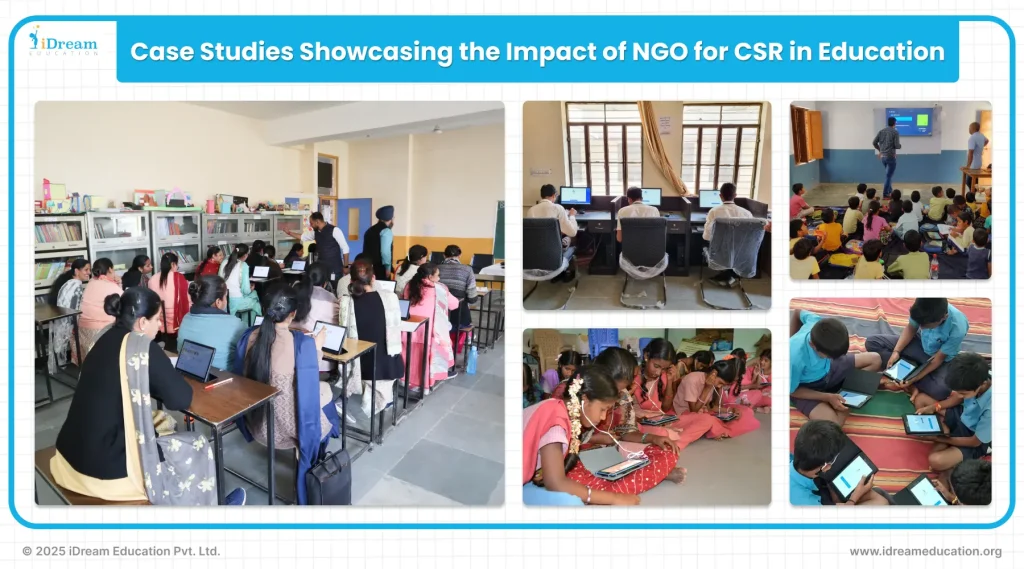
- We successfully rolled out 756 learning tablets across 18 government schools—6 in Rajasthan and 12 in Punjab—equipping each school with 42 tablets to enhance classroom learning. The tablets offer curriculum-aligned PAL content for Grades 6–8 and engaging digital content for Grades 1–8, with language customisation (Hindi/English for Rajasthan and Punjabi/English for Punjab). Our on-ground team conducted experiential training in every school and continues to provide active support on usage to both students and teachers and data to our CSR partners.
- We have empowered over 6,000 students in rural areas with personalized learning devices, giving them offline access to complete K-12 course materials anytime, anywhere. This initiative, implemented across 55 schools in Maharashtra, Karnataka, and Madhya Pradesh, played a crucial role in bridging COVID-19-induced learning gaps and ensuring uninterrupted education. Read More
- A student who was using the PAL software on 10 tablets in the PAL Lab set up at her learning centre has shown inspiring progress. After six months of consistent use and closing learning gaps through adaptive content, she has now been enrolled in a formal school to continue her education journey. Read More
and there are many more such inspiring stories of learners getting back on track through digital learning.
What makes us a Best NGO in Education for CSR Tie-Ups is our end-to-end, outcome-focused approach:
- Needs-Based Implementation: Every program begins with on-ground school visits and assessments. We ensure the solution aligns with actual learning levels, infrastructure, and teaching capacity.
- Offline-First Technology: Many rural schools still face low connectivity. Our K-12 content and platform is built to work seamlessly without the internet, ensuring consistent access.
- Scalable Digital Models: Whether it’s Smart Classrooms, Digital Libraries, or PAL tablets, our solutions are designed for scale—easy to install, manage, and use across many schools.
- Comprehensive Training & Support: We don’t stop at deployment. Our teams regularly visit schools for experiential training, refresher sessions, and on-call support. Teachers and students feel confident and motivated to integrate digital into everyday learning.
- Impact Measurement: We provide dashboard-based tracking to CSR teams, showing real-time usage, engagement, and learning progress. This helps in evaluating ROI and showcasing impact to internal stakeholders.
If you are a CSR leader or a corporate foundation looking to drive real educational impact, we invite you to collaborate with us. Let’s design and implement a digital learning NGO programme in education under CSR education that is meaningful, efficient, and results-driven. You may contact us at +917678265039 for detailed discussion. You can also share your details here or write to us at share@idreameducation.org
Frequently Asked Questions -
1. What qualities make an NGO the best partner for CSR in the education sector?
To be considered the best NGO for CSR collaborations in education, the organisation must demonstrate deep-rooted expertise in school education, particularly in improving learning outcomes at the grassroots level. This includes: - Proven experience in education interventions that have shown measurable impact on students’ learning - Strong on-ground presence with networks of teachers, schools, and communities - Alignment with national education priorities such as NEP 2020, foundational literacy and numeracy, and digital learning - Transparency and accountability in reporting with clear metrics of success - Scalable models that CSR partners can adopt across geographies When these qualities are present, the partnership moves beyond compliance and becomes a shared mission of social transformation.
2. Why do CSR partnerships with education NGOs have long-term impact compared to standalone CSR initiatives?
CSR tie-ups with experienced education NGOs ensure that funds are not just spent, but are strategically invested. NGOs bring: - Contextual understanding of student and teacher needs, especially in rural and underserved areas - Customised, adaptive, and tech-enabled solutions that are rooted in pedagogy and practicality - Sustained implementation and monitoring that ensures continuity even after the initial funding cycle - Capacity building of teachers and local systems, leading to self-reliant ecosystems Such collaborations create ripple effects—improving school learning environments, empowering teachers, and delivering continuous learning to last-mile students—making the impact long-lasting and visible at multiple levels.
3. How can an education NGO ensure lasting impact through a CSR partnership?
By going beyond one-time implementation. The best NGOs bring: - Clear understanding of school and student needs - Right-fit solutions based on learning levels - Teacher training and on-ground support - Seamless integration into daily classroom practice - Regular tracking and course correction CSR funds, when channelled through such committed NGOs, lead to sustainable, visible change in learning outcomes.
4. Why is long-term support critical in NGO-led CSR education projects?
Because real change doesn't happen overnight. Without follow-through: - Solutions remain unused or misunderstood - Teachers lack confidence to adopt new methods - Impact stops once the funding cycle ends NGOs that offer continuous handholding, feedback, and integration ensure CSR efforts truly transform learning.
5. What makes Idream Best NGO in Education for CSR Tie-Ups?
Our end-to-end, outcome-focused approach which includes: - Needs-Based Implementation - Offline-First Technology - Scalable Digital Models - Comprehensive Training & Support - Impact Measurement


